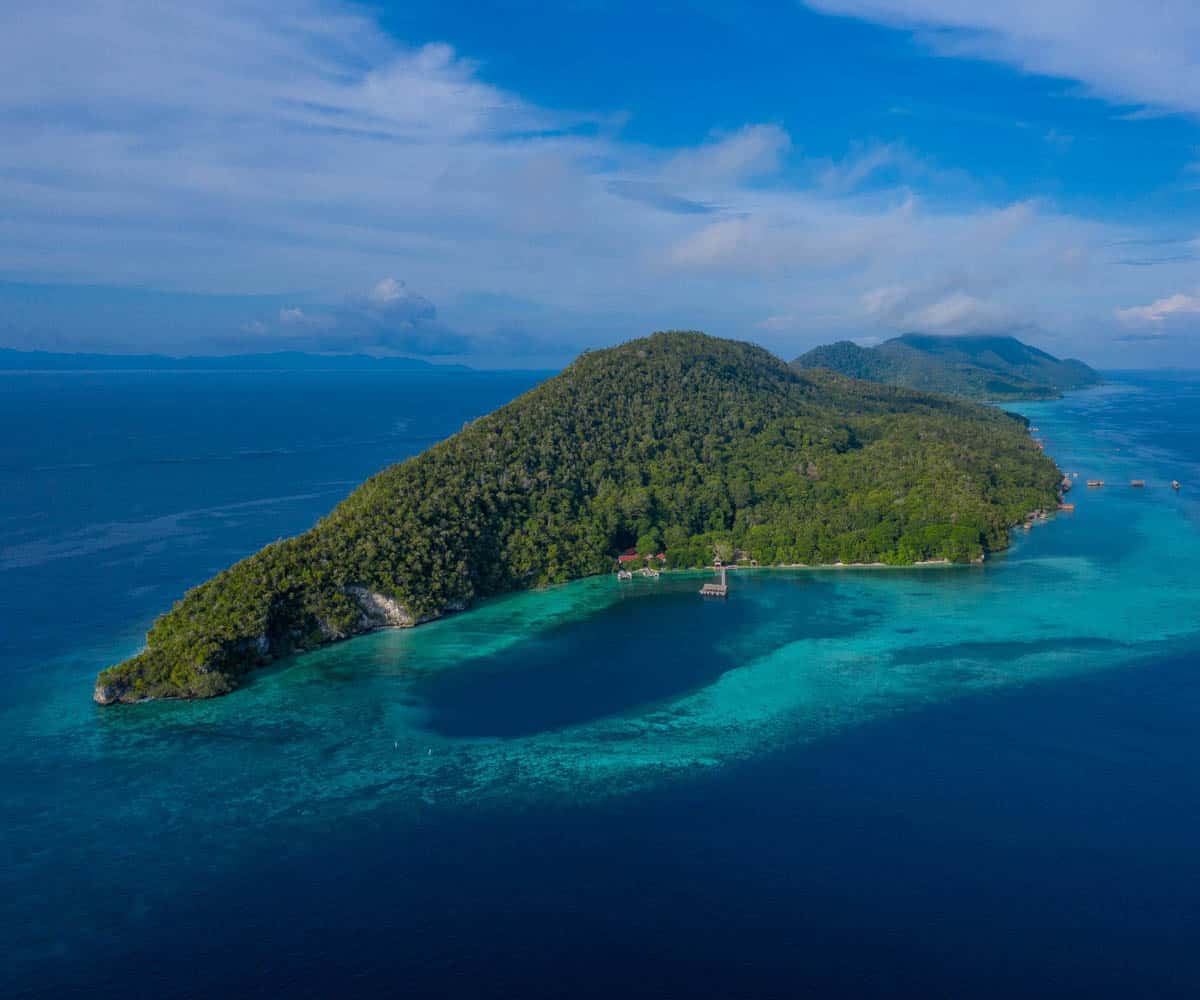Raja Ampat is frequently referred to as “the last paradise in the world”, and after experiencing even a little taste of what it has to offer, it’s simple to see why. Ancient forests and lush, verdant landscapes astonished at every turn. Beneath the surface, the marine life was nothing short of awesome, while on land, encounters with metre-long crabs, remarkable marsupials, and unknown reptiles left lasting impressions. It’s difficult to leave Raja Ampat without being filled with a profound gratitude for the natural world– and a frustrating desire to safeguard it from the mounting environmental challenges of contemporary life. This might look like an insurmountable task to lots of, but for creator Max Ammer and his team of accountable travel pioneers, it’s a mission they take on with unwavering commitment each and every single day.
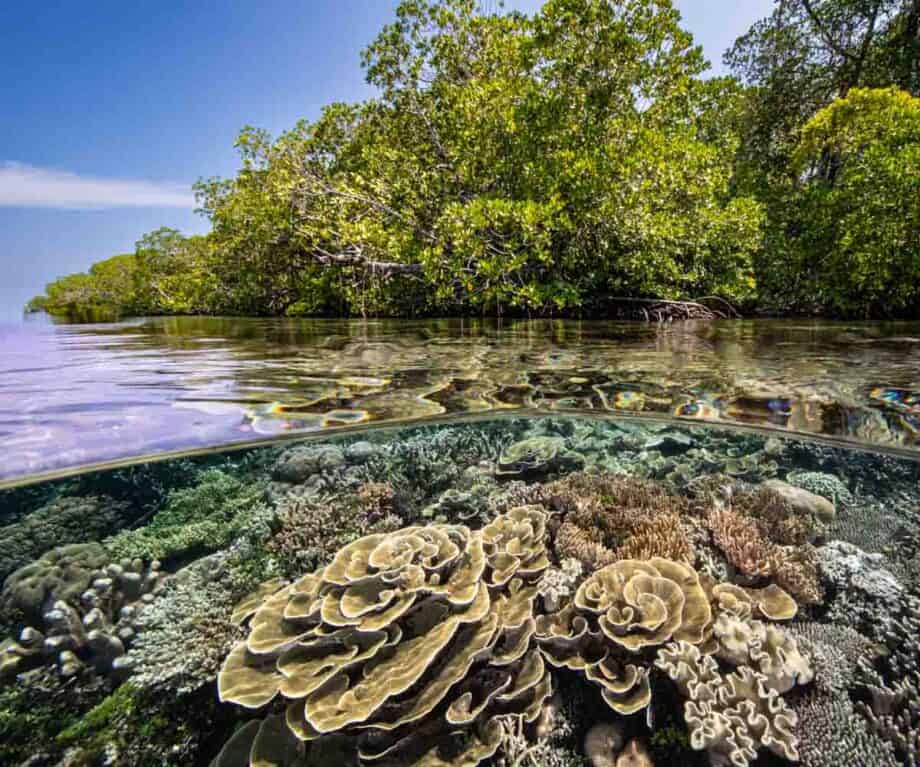

Getting to Raja Ampat isn’t basic– however with careful preparation and sufficient time, it’s far from impossible. International visitors should fly into Jakarta, Indonesia’s capital, before taking a domestic flight to Sorong in Southwest Papua. From there, options consist of signing up with a dive boat, taking a local ferryboat to Waisai on Waigeo Island, or setting up a speedboat transfer to the island or resort of option. Selecting the latter, we reached Kri Island within a couple of hours of leaving Sorong’s port on a shared transfer to Sorido 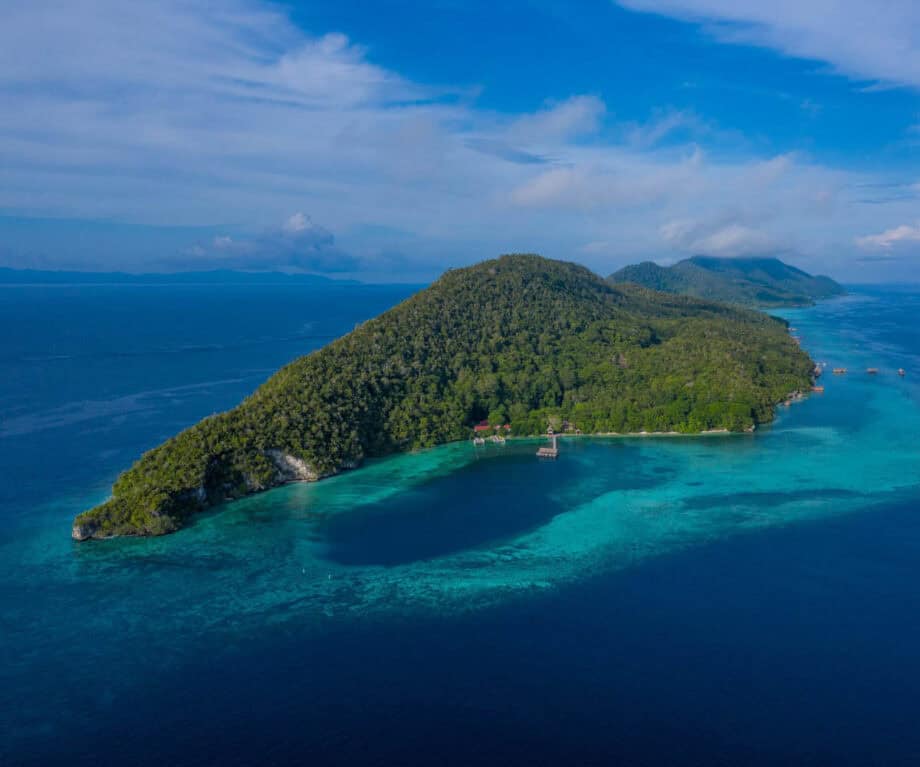

Bay Resort. Sorido Bay Resort: Eco luxury on Kri Island Selecting Sorido Bay Resort on the pristine shores of Kri Island suggested experiencing among the region’s most sought-after eco-luxury resorts– and a pioneer in sustainable tourism. Our Sentani Bungalow used direct beach gain access to and was designed using regional products and standard architectural styles, blending convenience and ecological awareness. Evenings spent in a hammock, serenaded by the noises of jungle and sea, were the ideal way to loosen up, while early mornings started with strong coffee and the prospect of another day in paradise.
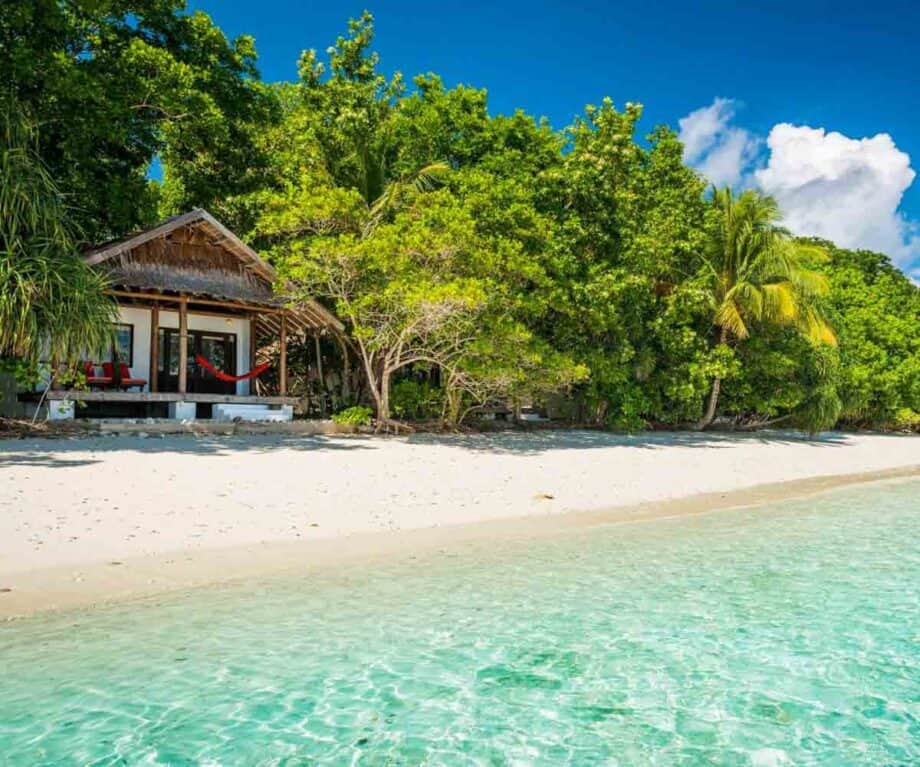

Life in the water Raja Ampat’s underwater world went beyond all expectations. Crystal-clear waters revealed a kaleidoscope of colour and biodiversity. Often referred to as the crown jewel of Indonesia, Raja Ampat provides nature fans a possibility to witness one of the world’s richest marine habitats. Like a”Greatest Hits” of the natural world, every dive or snorkelling trip brought brand-new marvels: dynamic corals, thriving marine life, sparkling shoals of fish, stylish turtles, majestic manta rays at cleaning up stations, and the far-off sight of dolphins and whales appearing as we took a trip to our next adventure. Every day, returning scuba divers and snorkellers shared stories of their undersea sightings with an interest that was impossible to resist. The sense of interconnectedness within this marine environment left a deep impression– and a renewed sense of responsibility to protect it. 
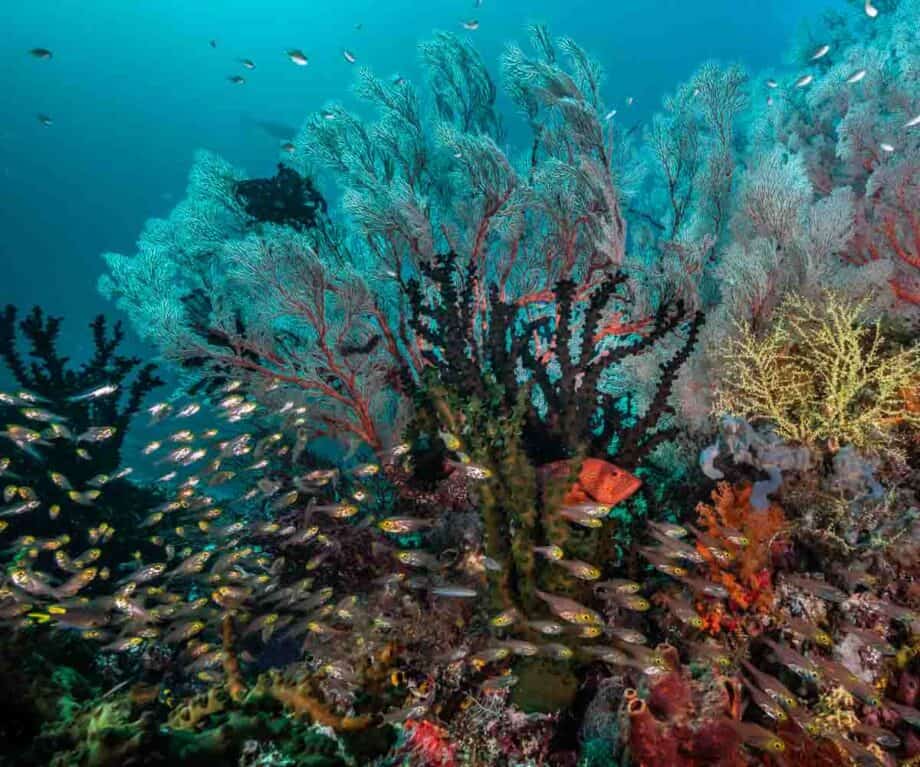
Life on the land Even the most passionate diver requires time on land, and life back at Sorido Bay Resort proved simply as fascinating. Guests can trek to the sister Kri Eco Resort, check out the on-site zebra shark nursery that raises and releases threatened zebra sharks, or book a relaxing health club treatment after a day in the ocean. The surrounding scenery is equally awesome, with the nearby Fam Islands providing a dreamscape of blue-green lagoons, towering limestone karsts, empty beaches, mangroves, and yet more marine life. 
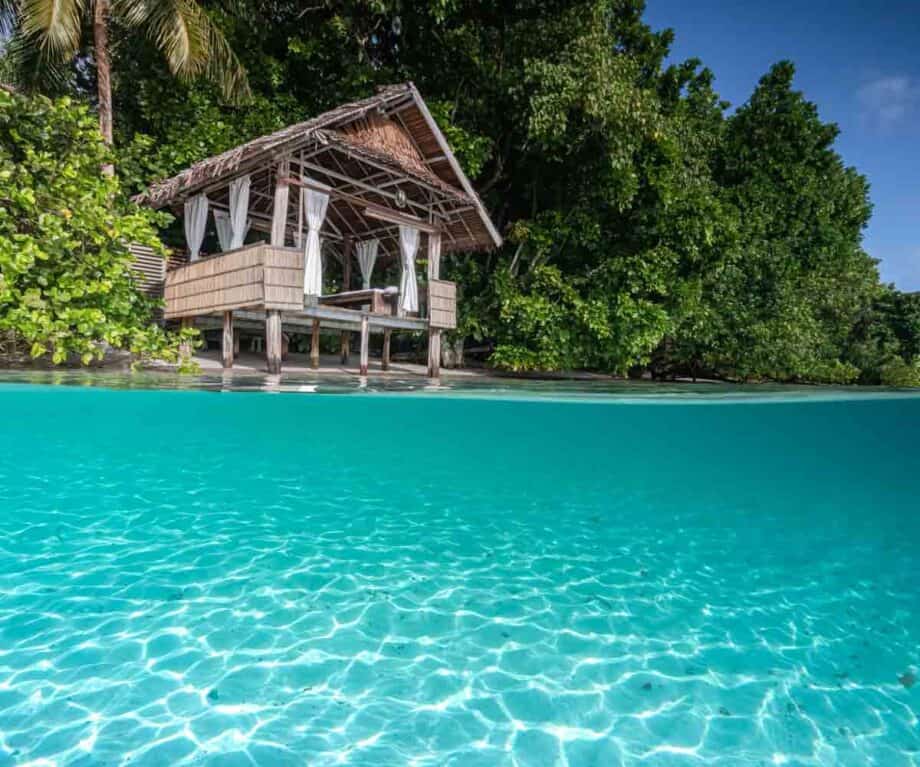
Whatever you need to plan your journey in 2025 Dining at Sorido Bay Resort All meals and sodas were consisted of in our stay, and as vegan travellers, we were thrilled to find a thoughtful series of plant-based options. Travelling to remote islands with limited dining options can frequently be an issue, but Sorido Bay delivered in abundance. Plant-based proteins like tempeh and tofu featured plainly, together with flavour-packed vegetable dishes and homemade dressings such as a spicy sambal made from chillies, garlic, tomatoes, and shallots. Standouts included the sticky soy-glazed tempeh and the rich jackfruit in coconut milk, while vegan pancakes with fruit, nuts, and cinnamon made sure a delicious start to the day. 
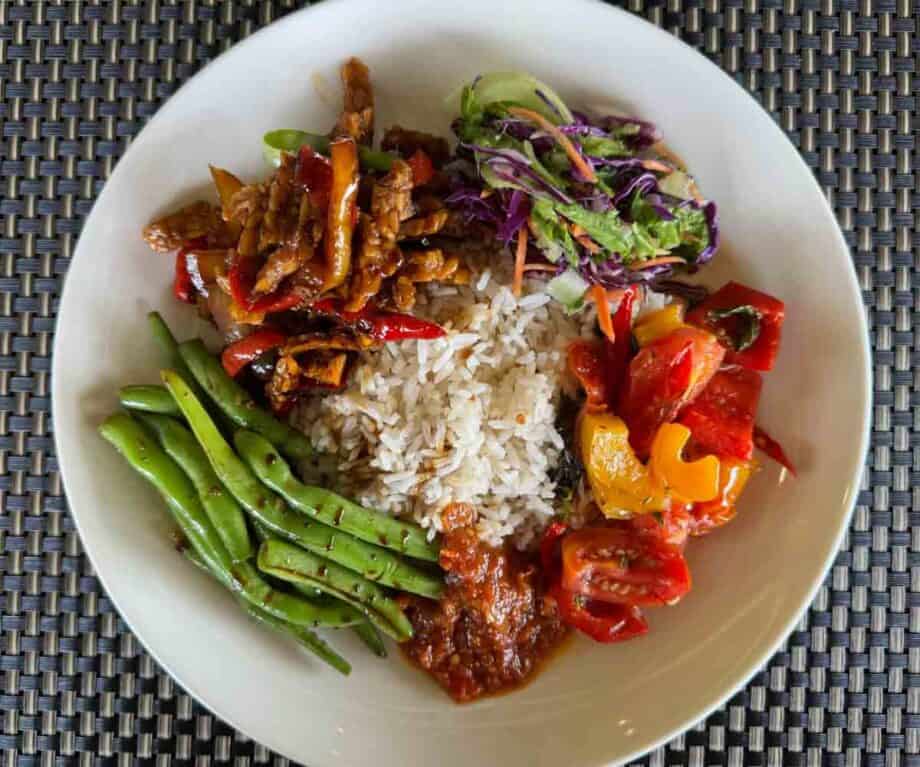
Kri Eco Resort: Responsible tourist leaders When Max Ammer initially explored the area in the 1990s, Raja Ampat looked very various. Establishing Kri Eco Resort as the location’s first dive resort, he has actually considering that led the charge in accountable and sustainable tourism. Kri Eco Resort offers simple yet comfortable stilted cottages over the water. We remained in an intense and airy Deluxe Water Home, where dropping off to sleep to the rhythm of the ocean and jungle was a memorable experience. Living on Kri Island might be the stuff of tropical dreams, however with it comes the duty of securing delicate environments under increasing pressure from tourism. From what we observed– and what we were told– both Sorido Bay and Kri Eco Resort are setting the requirement, minimising their environmental footprint and showing what accountable tourism can appear like in practice. 
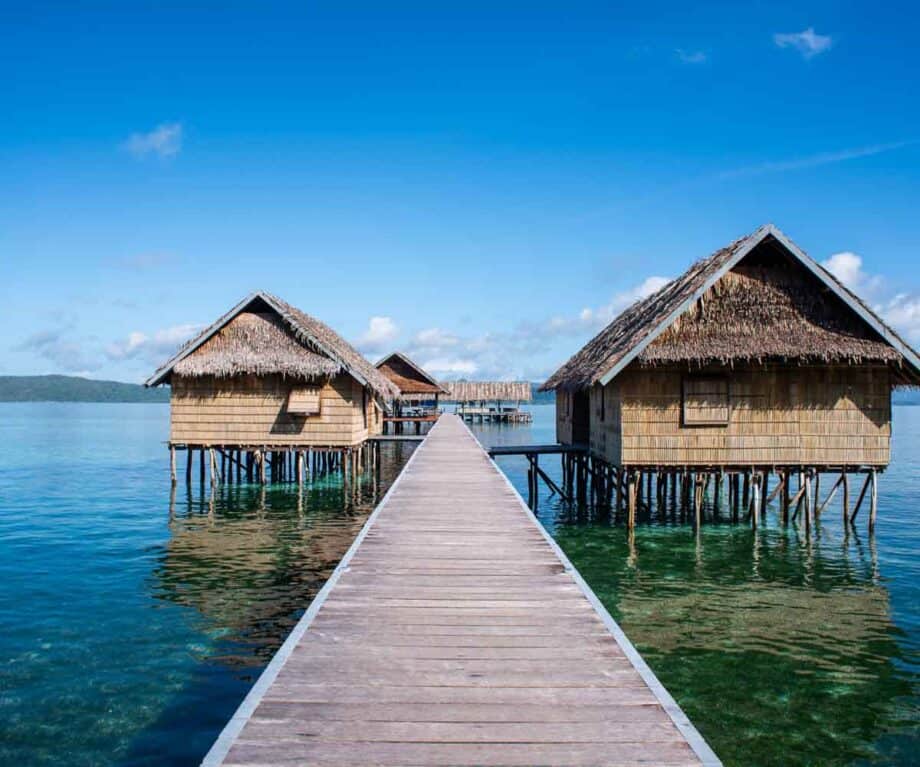
Dining at Kri Eco Resort Meals at Kri Eco Resort were simpler than those at Sorido Bay, but no less satisfying. Stressing local flavours and components, the food was fresh, nourishing, and always consisted of vegan options. Tempeh and tofu were staples– something we welcomed completely. Personnel were proactive in discussing what was suitable for vegan guests and even shocked us with additional dishes prepared specifically for the plant-based restaurants. Mealtimes were not just a possibility to refuel however likewise a chance to share stories and get in touch with fellow tourists. 
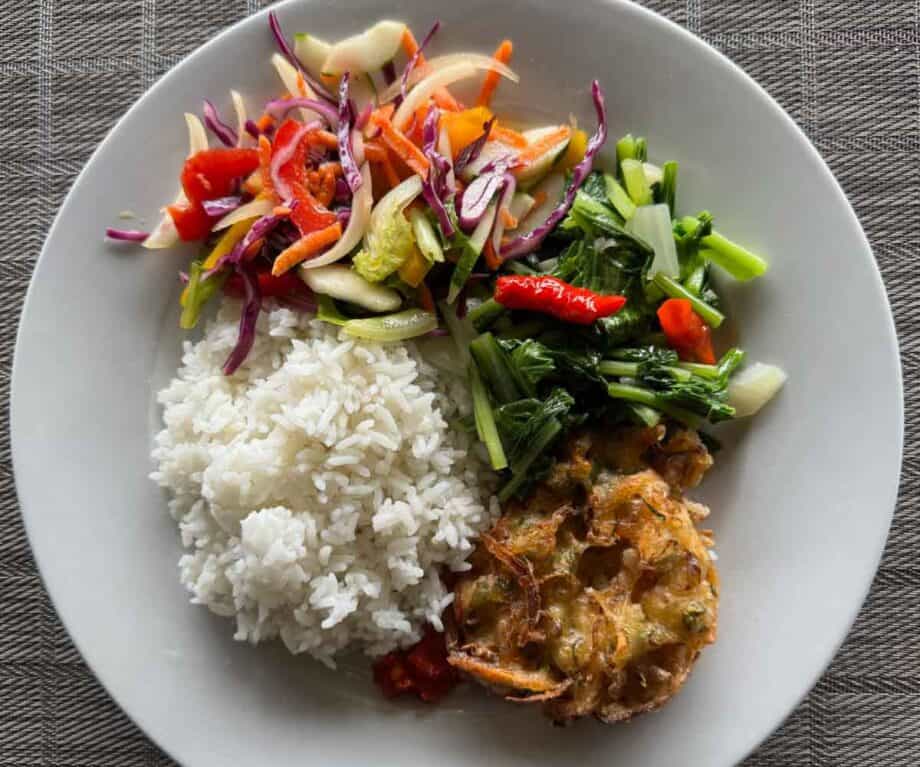
Sustainable and responsible initiatives with Papua divers As the operators of both resorts, Papua Divers supports a wide range of community and environmental initiatives. These consist of education programmes, preservation efforts, and the Raja Ampat Research and Conservation Centre– a center for sustainable tourist, research, and community outreach. Guests are encouraged to refill reusable metal water bottles at designated stations, and bathroom facilities are natural, reef-safe, in your area sourced, and offered in refillable dispensers. These kinds of practices, in our view, need to be industry standard. 
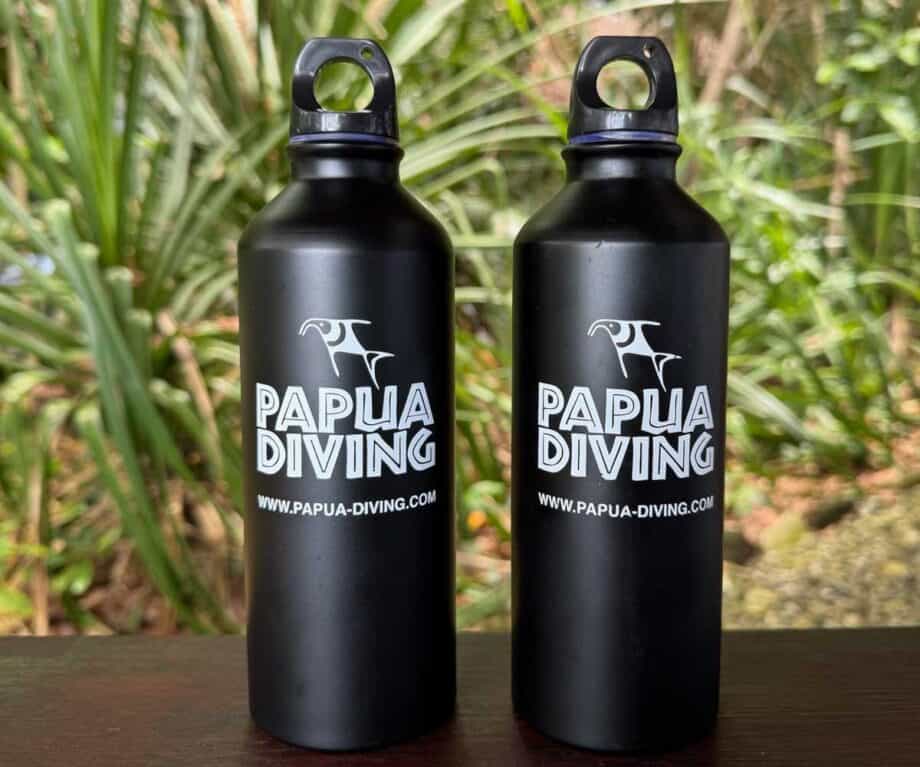
The future of responsible tourist in Raja Ampat Raja Ampat had actually been on our container list for over two decades, and it did not disappoint. However without rigorous governance and accountable operators, its pristine charm is at danger. As travellers, we hold the power to affect the future– by investigating who we stick with, who we dive with, and how we engage with the destination. Raja Ampat is a marine masala of wonder and wonder, and we feel exceptionally fortunate to have experienced even a small and sustainable serving of what it has to use. 

Paul Eyers Paul Eyers is co-founder of Vegan Food Quest who discuss luxury hotels and resorts in Southeast Asia with a concentrate on sustainable travel, eco travel and vegan travel. Currently based in Malaysia, Paul also blogs about sporting events and some of the finest golf courses throughout the region.
Did you enjoy this article?
Receive comparable content direct to your inbox.
Please make it possible for JavaScript in your web browser to send the kind
